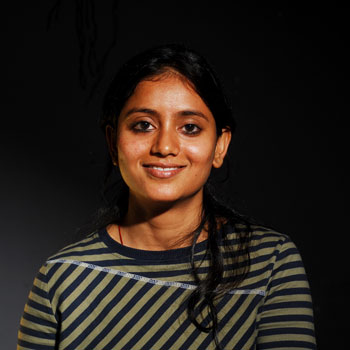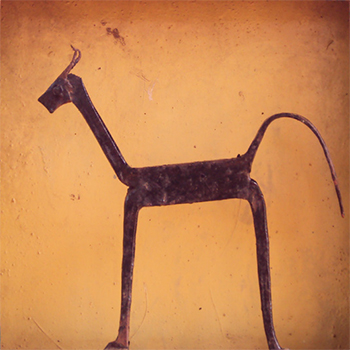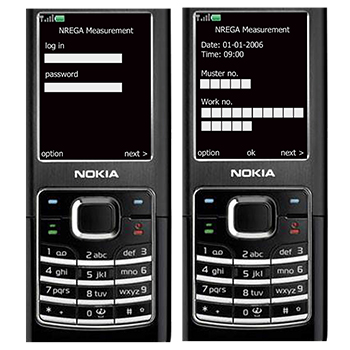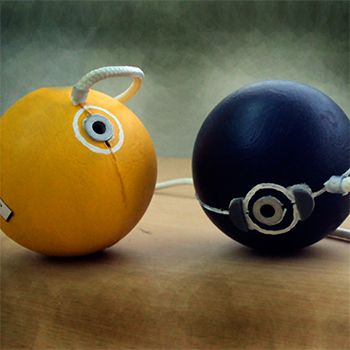SEARCH (Society for Education, Action and Research in Community Health) is a non-government organisation registered as a public trust and charitable society in India. It was founded in 1985 by a doctor couple, Abhay Bang and Rani Bang. Inspired by the life and philosophy of Mahatma Gandhi, Their dream was to develop an institution of community health that provided health care to the local population and generated knowledge for the global community by way of research. Dr. Abhay Bang is the Director of the Society for Education, Action, and Research in Community Health (SEARCH), which he started in 1984. He and his wife, Dr. Rani Bang, are both doctors and did their Masters in Public Health from John Hopkins University America. They live and work in Gadchiroli, India, where they provide medical care and conduct research in 100 villages. Dr. Abhay and SEARCH developed a new approach, "Home-based Neonatal and Child Care,’ which has significantly reduced the infant mortality rate. This research has been selected as a milestone paper to be included in the Vintage Lancet. He has received the highest honour of Maharashtra state, a national award from the Indian Council of Medical Research, and has been honoured by Save the Children and the MacArthur Foundation. Time magazine honoured Abhay and Rani as "Global Health Heroes" in 2005 and gave them several other awards.




